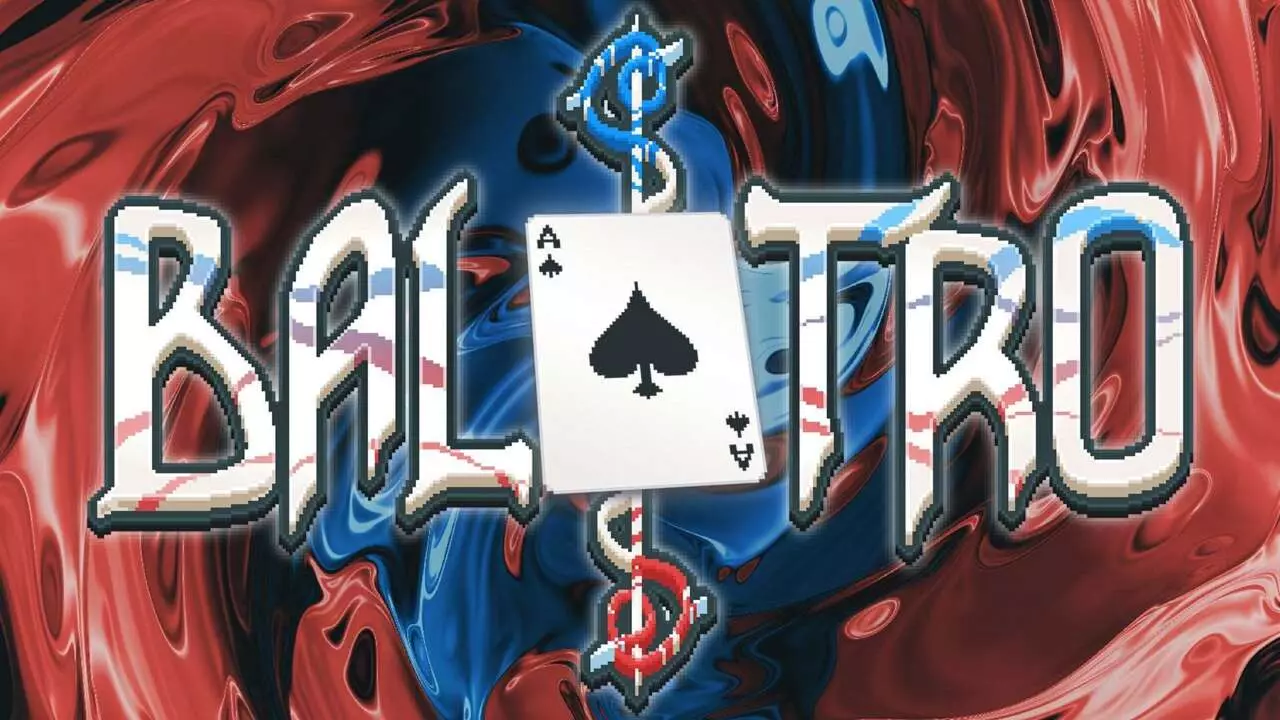The recent controversy surrounding the PEGI rating of the game Balatro serves as a stark reminder of the complexities involved in game classification. Rated an 18+ game due to its inclusion of real-life poker hands, developer LocalThunk has publicly expressed frustration over this decision. Their tongue-in-cheek suggestion of incorporating “real gambling” to alter the game’s rating to a more favorable 3+ status draws attention to significant discrepancies in how ratings are assigned to video games, particularly those that involve gambling mechanics.
PEGI’s reasoning for the adult-only rating hinges on the game’s visual interpretation of gambling mechanics, implying that exposure to poker hands could influence players to engage in real-life gambling. This argument assumes that players, particularly younger ones, will absorb these mechanics and apply them outside of the gaming context. However, this rationale may seem overly cautious and perhaps misaligned with the realities of player behavior. Games can utilize gambling imagery without conditioning young players to act on it in real life, and drug-like policies can lead to broader moral concerns regarding censorship and artistic freedom.
LocalThunk highlights a troubling double standard within the industry. EA Sports FC 25, which has long featured loot boxes and microtransactions, retains its 3+ rating despite these inherent gambling mechanics. There is a clear contradiction in how similar elements are treated differently across titles, with Balatro being subjected to a more stringent scrutiny simply for its thematic design. This inconsistency raises questions about the fairness of the current classification system and its ability to assess games in a nuanced manner.
The reclassification of Balatro, which saw its rating change seemingly overnight, not only impacted its availability on consoles but also sparked a broader discussion about the impact these decisions have on game developers and their products. LocalThunk’s perspective is that the focus should be on regulating more overt gambling mechanics that are targeted at younger audiences rather than punishing indie developers who are experimenting with themes. With Balatro still achieving commercial success—having sold over 3.5 million copies and winning awards—one might argue that the adult rating has inadvertently spurred interest rather than deterred it.
As the gaming landscape continues to evolve, so too must the standards by which games are classified. Developers like LocalThunk are urging for more equitable treatment across the board to avoid scenarios that unjustly hinder creative expression. It’s essential for classification bodies like PEGI to revisit their criteria and ensure they are addressing the complexities of modern gameplay without resorting to blanket bans or inconsistent ratings. Balatro’s situation is emblematic of a larger problem—one that requires immediate attention if the industry wishes to foster an environment where both creativity and player safety can coexist. It is ultimately a call for fairness, transparency, and an understanding of the intricate relationship between gaming and its various mechanics.

